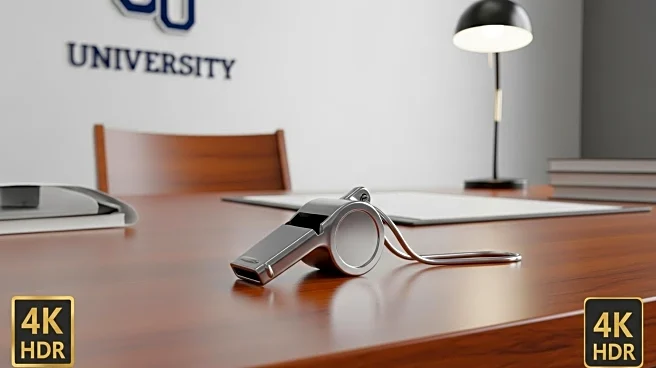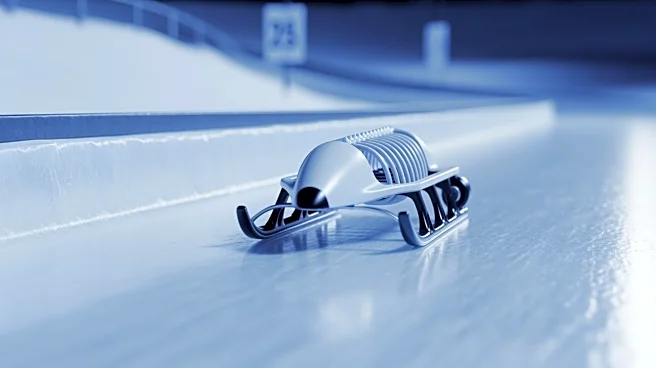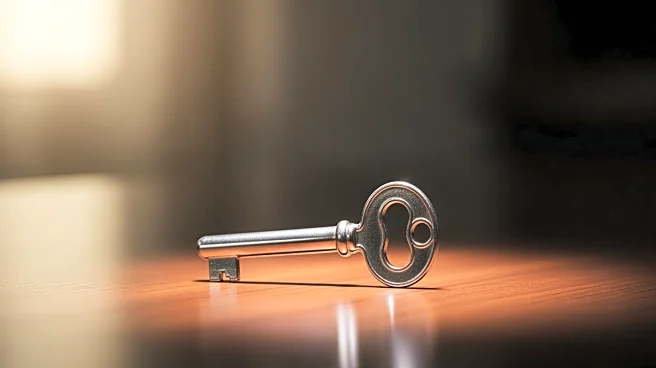What's Happening?
The College Sports Commission (CSC) has introduced an anonymous reporting tip line, referred to as a 'snitch line,' to gather credible information on potential violations of Name, Image, and Likeness (NIL) rules. This initiative is part of the CSC's efforts to enforce regulations following the House vs. NCAA settlement, which redefined the amateur model in college sports. The NIL Go clearinghouse, developed with Deloitte, oversees third-party NIL deals exceeding $600. Since its launch, NIL Go has registered thousands of athletes and institutional users, clearing millions in deals while addressing compliance issues.
Why It's Important?
The establishment of the 'snitch line' is a significant step in ensuring transparency and fairness in NIL deals, which have become a pivotal aspect of college sports economics. By facilitating anonymous reporting, the CSC aims to uphold the integrity of NIL agreements, protecting student-athletes from exploitative practices. This move could lead to more equitable revenue-sharing models and enhance the credibility of college sports governance.
What's Next?
The CSC will continue refining the NIL Go system, addressing data collection errors and improving deal review processes. As the 'snitch line' becomes operational, it may lead to increased scrutiny and potential adjustments in NIL regulations. Stakeholders, including athletes and institutions, are expected to engage actively with the system, influencing future policy developments.
Beyond the Headlines
The introduction of the 'snitch line' raises ethical questions about privacy and the potential for misuse. It also reflects broader cultural shifts towards accountability and transparency in sports management, potentially setting precedents for other regulatory bodies.









